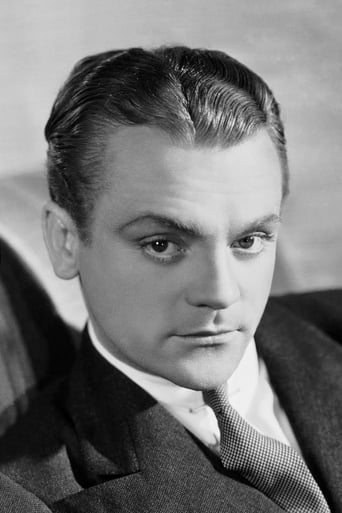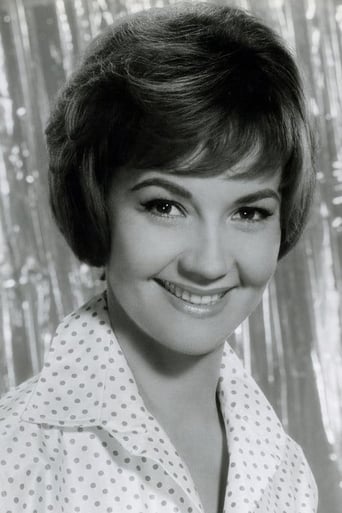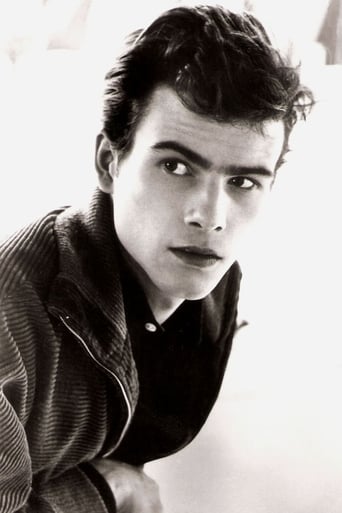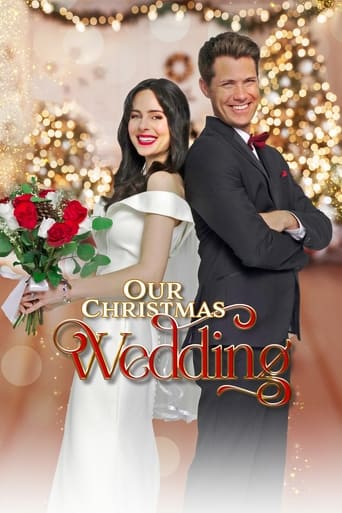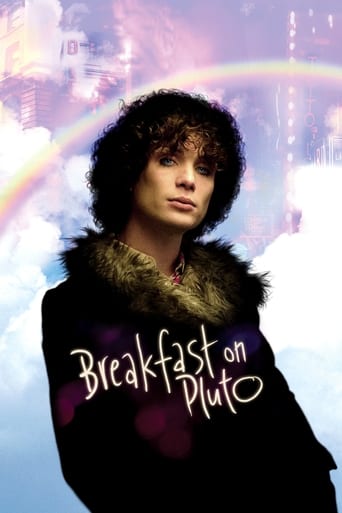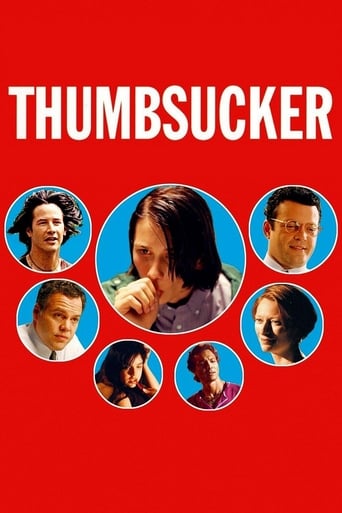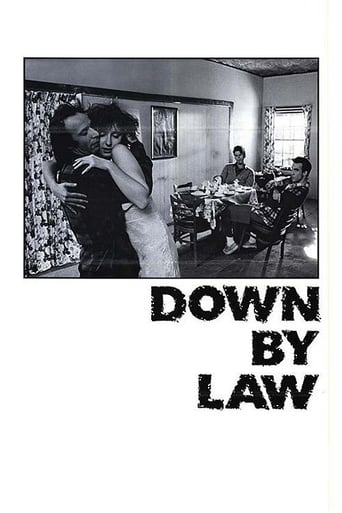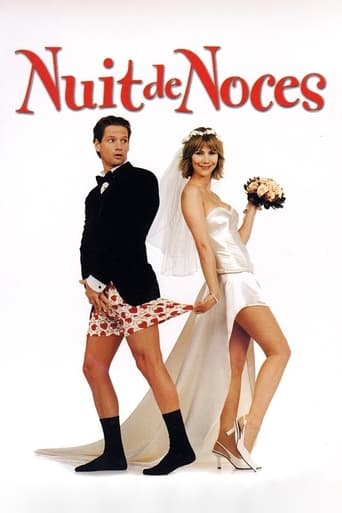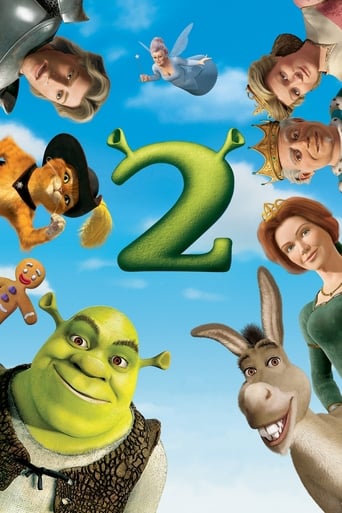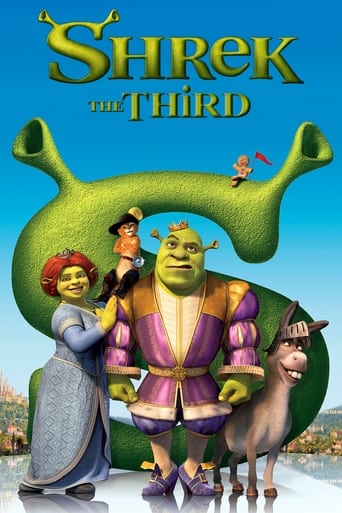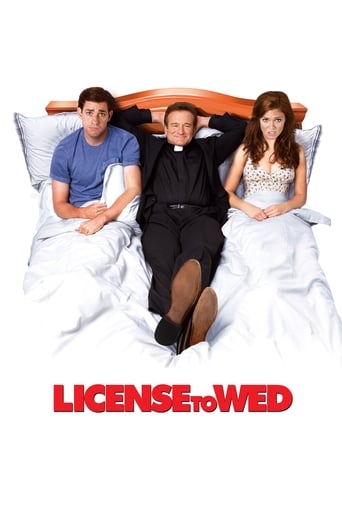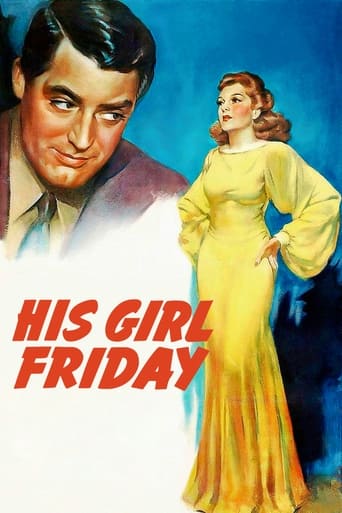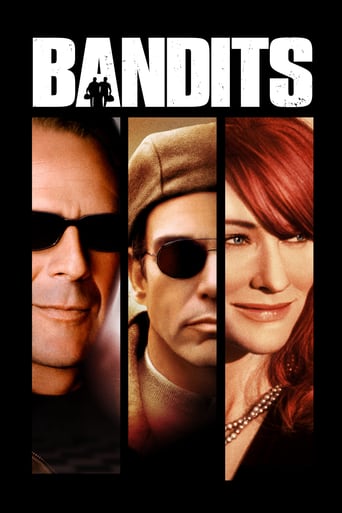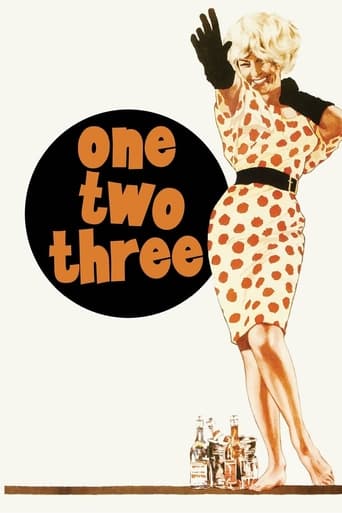
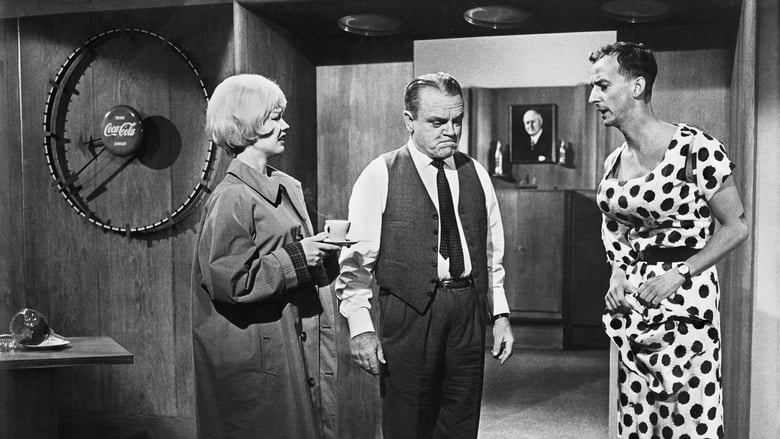
One, Two, Three (1961)
C.R. MacNamara is a managing director for Coca Cola in West Berlin during the Cold War, just before the Wall is put up. When Scarlett, the rebellious daughter of his boss, comes to West Berlin, MacNamara has to look after her, but this turns out to be a difficult task when she reveals to be married to a communist.
Watch Trailer
Cast


Similar titles
Reviews
C.R. 'Mac' MacNamara (James Cagney) is a Coca-Cola exec in charge of the West Berlin operations. Tension is rising across the Iron Curtain. It's a little over a year before the start of the Berlin Wall. He's trying to introduce Coke to the East. The communists want the secret formula. There is his sexy secretary Fräulein Ingeborg. His wife wants a quiet life in Atlanta. His boss dismisses expanding into Russia and asks Mac to care for his clueless party-girl daughter Scarlett Hazeltine.The talk is fast-paced. The humor is broad and full of Wilder wordplay. Cagney is an unrelenting engine. He is buzzing with energy and I half-expected him to explode in song and dance. The machine gun dialog is non-stop and can get tiring at some point. This is a feat of performance from the great Cagney.
I love this movie for a couple of reasons.The story is originally from a play by Ferenc Molnár, who was Hungarian, like I am, so his other works are well known in my country. I love the play, and I'd give it a 9, but (I don't say this very often) the movie is much better.It all takes place in the separated Berlin in 1961. Its about a rich man(working for a big soft drink company) of "wealth and taste", who has to look after his boss's daughter, which turns out to be a real struggle as the girl secretly marries a communist party member of the east side.The director is our beloved Billy Wilder, who surely knew how to make a good comedy. The film doesn't have any moment without a great joke, I laughed so hard, I fell down from the sofa(not joking). The biggest difference between the play and the movie is the amount of political references and elements. Its a fight between capitalism and communism on every level, mostly by humorous conversations between the characters.The dialogues are fantastic, and haven't lost their topicality over the years(its recommended to know about the political situation though). James Cagney steals the show as the main character, its jesting to see an actor who used to play mostly bad guys as a funny character.I'd recommend this film to anyone. The writing, the characters, the acting are all excellent, and the humour still challenges the diaphragm.10/10
I'd like to buy the world a Coke. I'd like to teach the World to Sing (In Perfect Harmony) isn't what this movie is about. One, Two, Three is a cold war comedy film directed/written by Billy Wilder that makes fun of the Cold War tension. Supposedly, based on the 1929 Hungarian one-act play Egy, kettő, három by Ferenc Molnar, the movie has little to do with Molnar's source material, as Wilder add his own touch to the script. In many ways, Wilder borrow plot elements from his earlier films such as 1939 "Ninotchka', 1954's Sabrina, and others to get this movie, off the ground. Set in West Berlin during the Cold War, before the construction of the Berlin Wall, a high-ranking executive in the Coca-Cola Company, C.R. "Mac" MacNamara (James Cagney) is trying to introduce Coca Cola Operations into the Soviet Union; only for it to backlash, when an upper management, hot-blooded 17 year old daughter, Scarlett Hazeltine (Pamela Tiffin), his family was babysitting, fall in love with a young Communist extremist named Otto (Horst Buchholz). The film is known for its quick pace deliver of lines and action, and it shown with its writing and the music, it does use. Great use of the music from Aram Khachaturian, 'Sabre Dance'. You really get how energetic action, the movie will be. "Itsy Bitsy Teenie Weenie Yellow Polka Dot Bikini" during the interrogation scene was also hilarious. The movie also have clever sexual innuendos as you can tell that the conservative 1950s were ending, and the hip 1960s was about to start. The movie has a lot of politics about life as a communist, and capitalist. All of the jokes were mostly hit than miss for me. One joke even seeming to foreshadow, oncoming the Cuban Missile Crisis in 1962. The film also had a lot of inside jokes or references from a lot of James Cagney earlier films such as 1942's Yankee Doodle Dandy, 1931's Public Enemy and others. There also a joke about Cagney, himself with the whole idea of sent the money to unemployed cotton pickers of Mississippi. Cagney was accused of being a communist sympathizer for sending money to striking cotton workers in the 1930's. You can really see, how much work, the middle age James Cagney put into the film with his character. Billy Wilder feed him with so many lines that needed to be spoken in a fast pace, that he got overwhelm by the pressure. Add that with his declining health, Cagney decide to quit Hollywood for years after this film. It would be Cagney's last film appearance until 1981's Ragtime, 20 years later. Cagney during the production, had a hard relationship with co-star, Horst Buchholtz, as both of them openly disliked each other. Cagney believe that Horst Buchholz was overacting and scene stealing. While, Horst Buchholtz believe that Cagney was just being a big bully during the making of this film. In my opinion, I think Horst Buchholtz did a good job, and I think Cagney might overreacting to what Horst's character was saying, than the actor. The rest of the supporting cast was alright. Arlene Francis as Phyllis MacNamara got some great one liners, but somewhat comes off as too mean-spirited. Pamela Tiffin was indeed very attractive, but the badly done Southern drawl was bit nail-biting. The production also went through another trouble as locations had to be reshot due to the building of the Berlin Wall, and the crisis that was happening there. The crew and cast had to move to Munich to shoot the missing scenes. The building of the Berlin Wall during production badly hurt the film's marketing in Germany. It was very ill-received by German audiences and had minimal success during its initial run. The film does portray the Germans in a negative light. Still, I have to say, characters like Schlemmer (Hanns Lothar) & Fräulein Ingeborg (Liselotte Pulver) really did stood out. They really have some funny and sexy moments in the film. Another reason, why the Germans didn't like the film was because of Coca Cola. Coca Cola has a long love and hate relationship with Germany. Germany once banned sodas, as they deemed unsuitable for children due to its sugar content and additives. Also, they didn't want it to interference with the beer market that most adults drink at the time. Coca-Cola also adopted an apparent policy of ignoring the practice of eugenics and anti-Semitism by Nazi Germany. By the time, the Cold War came, Coke, took deep advantage of the situation by establishing new franchises in the newly liberated countries where many Germans saw as a threat to their culture. About the movie being about Coca Cola, it didn't hurt the film with its product placement. I didn't mind all the product placement, as long, as it felt like a movie, than a commercial. A few people did hatred that Coke was in the film, like actress Joan Crawford, whom at the time, was a board member of Pepsi. In an odd way, Coke was deem 'too American' for Communists, and Pepsi became the main exported soft drink to Eastern Europe for much of the Cold War after this film. The film was indeed banned from most Eastern European countries. One, Two, Three was even banned in Finland in 1962–1986 on "political" grounds — it was feared that the film would harm the relations between Finland and the Soviet Union. Overall: It's a very hot Cold War movie. A must-watch.
Billy Wilder is well-known of his comedies and his satire, which usually strikes to Soviet Union's communism, western capitalism, materialism.. And the only right ideology to Wilder is humanism, which he seems to be telling to us through many of his movies.First this movie became a flop, because it was banned until the Berlin Wall collapsed. And after that people didn't find the subject very amusing anymore. What I know is that this movie was banned in many countries for years. Reasons in the eastern Europe were mostly that it was too anti-soviet.And the reason what makes this movie so great, and most pictures by Wilder. Is that the movie has a great message, Wilder's satire is brilliant, good casting, good writing and the film's basis is strong.This movie is like a non-stop laughter. It just keeps going on and on. As someone already said here, there's just a great line after another. I also think this is James Cagney's best performance.I just can't tell how great this is by words; Delightful, funny, political, serious, crazy! Actually that's what this movie is, crazy, everything seems incredibly absurd in this picture and I think that's the way for Wilder to deal with this issue.Highly recommended to everyone!


